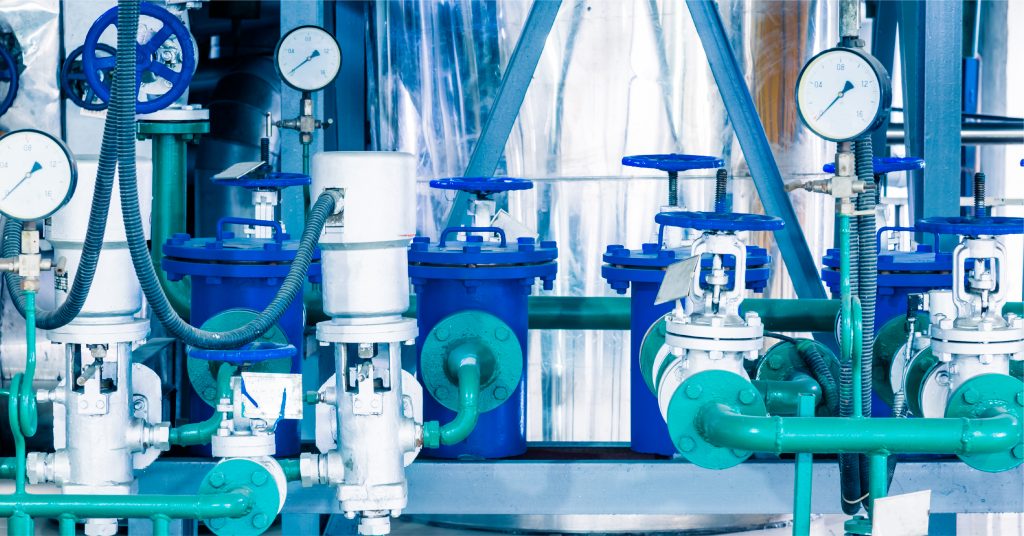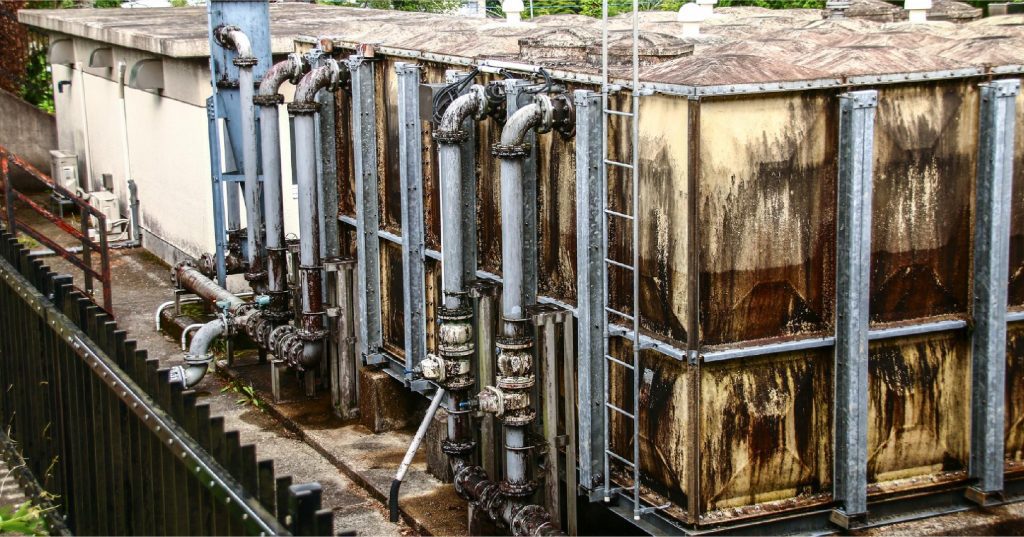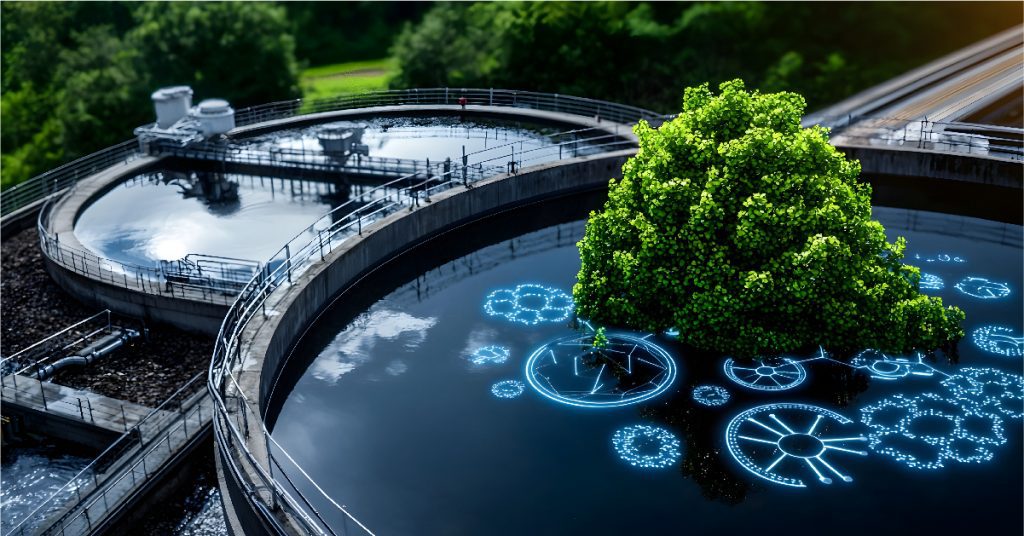What is demineralization of water? Demineralization, often referred to as deionization, is a water purification process where dissolved mineral salts are removed from water. This is achieved through ion exchange, which eliminates unwanted minerals like calcium, magnesium, sodium, and chloride, resulting in high-purity water, also known as demineralized water.
Importance of Water Demineralization
The water demineralization process is essential in various industrial and commercial applications. It ensures the removal of minerals that can cause scaling, corrosion, and interference in processes that require high water quality. The demineralization water process is crucial for industries such as pharmaceuticals, power generation, and electronics manufacturing, where the purity of water directly impacts the quality and efficiency of production.
The Demineralization Process
The demineralization process involves several steps to achieve the desired water purity. Initially, water passes through a series of ion-exchange resins that attract and bind to the mineral ions, effectively removing them from the water. The typical demineralized water system includes cation and anion exchange resins, often followed by a mixed-bed resin for polishing the water to achieve the highest purity levels. This ensures the water is free from dissolved salts and other impurities, making it suitable for sensitive applications.
Key Benefits of Demineralized Water
- Prevention of Scaling and Corrosion: Demineralized water prevents scaling and corrosion in boilers, heat exchangers, and cooling towers, thereby extending the lifespan of the equipment.
- Enhanced Efficiency in Industrial Processes: The use of demineralized water improves the efficiency of processes in industries such as pharmaceuticals, power generation, and electronics.
- Improved Product Quality: In industries like pharmaceuticals and cosmetics, demineralized water ensures the high quality and consistency of products.
- Environmental Benefits: By reducing the need for chemical treatments and minimizing waste, demineralized water contributes to more sustainable industrial practices.
- Cost Savings: Reducing maintenance and replacement costs of equipment due to scaling and corrosion leads to significant cost savings for businesses.
Ion Exchange: Advanced Demineralization Solutions for Industrial Water Treatment
Ion Exchange offers a range of water treatment plants, including standard packaged, industrial, and custom-built solutions for boiler and cooling water treatment. Central to their approach is demineralization, a process that removes all inorganic salts from water. But what is demineralization of water? This high-flow system treats turbine and process condensate in the thermal, nuclear, and process industries. Strong acid cation resin converts dissolved salts into acids, while strong base anion resin removes these acids, resulting in demineralized water suitable for various industrial applications. Their advanced product line includes the following:
Indion New Generation Swift Softener
The INDION New Generation Swift Softener (NGSS) efficiently removes scale-forming ions like calcium and magnesium from water. This system boasts a shorter regeneration time of just 30 minutes, making it ideal for short-cycle operations. Key advantages include its lightweight design, easy installation, and the ability for all units to be installed and commissioned within a day. The NGSS features automatic operation with a multiport valve that withstands pressures up to 5.5 kg/cm2, utilizes special monosphere resin, and produces low wastewater volume. With an operating cycle as short as 3 hours and a hardness tolerance of up to 600 ppm, this FRP-constructed system is available in seven models with varying flow rates.
Indion-Layer Bed Anion and Cation System
The INDION Layered Bed Anion (LBA) unit is a single-vessel system utilizing layers of INDION LBA-WB and INDION LBA-SB resins with downflow service. This design offers the efficiency of a two-bed system in one vessel, reducing costs for additional vessels, piping, and valves. The system regenerates counter-currently, with fresh caustic solution contacting the strong base anion bed first, then the weak base anion bed, ensuring high regeneration efficiency and superior treated water quality.
Similarly, the INDION Layered Bed Cation Unit features layers of weak acid cation and strong acid cation resins in a single vessel with downflow service. This configuration also eliminates the need for extra vessels and associated components. Counter-current regeneration with hydrochloric acid first contacts the strong acid cation bed, followed by the weak acid cation bed, optimizing chemical regeneration and ensuring excellent water treatment quality.
INDION Elegant
The latest INDION Elegant range features twin bed deionizers using advanced counter-current flow ion exchange technology, previously exclusive to large custom plants. Key advantages include a standard range of 10-120 m³/h with manual or PLC automatic control and the use of INDION uniform particle size resins in counter-current mode. It produces demineralized water with a conductivity of 1–10 µS/cm and reactive silica of 10–30 ppb. The system also offers an optional HMI for system status read-out, audible alarms, and no-flow alarms, all in an exceptionally compact design.
INDION Swift 5GX
The INDION Swift 5Gx series is exceptionally compact and skid-mounted on a corrosion-resistant frame, incorporating a stainless steel multi-purpose pump. This pump optimizes plant performance during service and regeneration, offering recirculation options to maintain high water quality in the treated water tank. Additionally, the INDION Swift 5Gx Plus features a cation polishing unit to produce mixed-bed water that meets stringent international standards. Key features include rapid 35-minute regeneration, enhanced bacterial control, reduced treated water storage costs, near-neutral effluent, superior water quality with conductivity between 1 and 10, low operating costs, quick start-up time, low footprint, counter-current regeneration, high chemical efficiency, and a 10.4” HMI panel with PLC control displaying all unit processes.
INDION Swift Plus Demineralizer
Indion Swift Plus features an additional cation exchange stage on the standard Swift skid, producing mixed-bed quality water with a resistivity greater than 1 MΩ·cm at minimal capital outlay. Running costs are low as no extra re-generant chemicals or effluent are required. Key features include mixed bed quality water at minimum cost, an additional cation polishing stage, up to 330 m3/day output on 100 ppm feed water, high chemical efficiency, 35-minute regeneration time, and near-neutral effluent that reduces disposal costs.
INDION New Generation: Two-Bed Deionisers with Degasser Tower
Available in a wide range with maximum flow rates from 1.0 to 15.0 m3/h, Ion Exchange units can be enhanced to 35 m3/h by installing multiple units in parallel. Type CA units feature a cation unit with a strong acid cation exchanger and an anion unit with a strong base anion exchanger, both made of fiberglass-reinforced plastic (FRP) or glass-reinforced plastic (GRP). Type CDA units include a degasser for high-alkalinity waters. These compact, free-standing units are easy to install and maintain, equipped with regeneration equipment, and constructed from corrosion-resistant plastic, requiring minimal maintenance. The modular design allows for easy capacity enhancement.
Conclusion
Understanding what is demineralization of water and its significance is crucial for industries that rely on high-purity water for their processes. The demineralization water process, with its numerous benefits and wide-ranging applications, plays a vital role in ensuring industrial operations’ efficiency, quality, and sustainability. As we look to the future, advancements in demineralization water technologies promise to optimize further and enhance water treatment practices.
For more information and to connect with water specialists in the USA, contact us today to discover how our demineralized water systems can benefit your operations.





